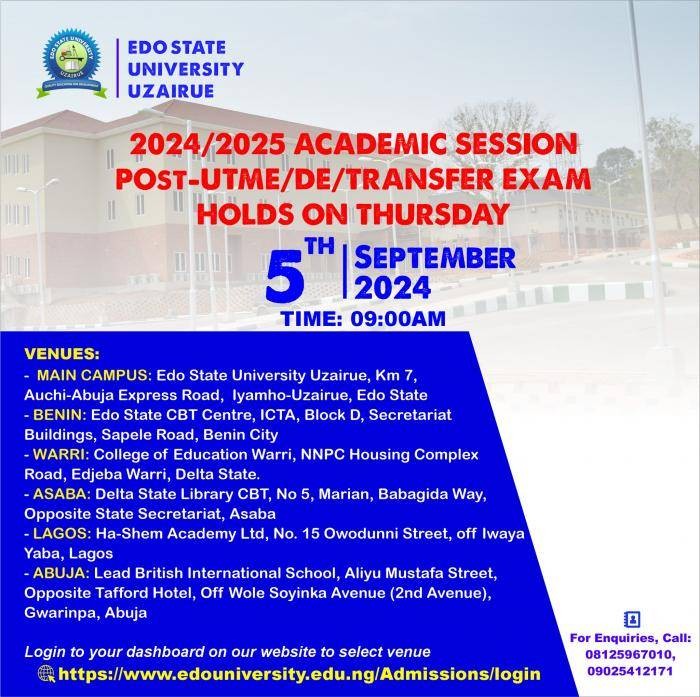
- The student loans bill signed into law by President Bola Ahmed Tinubu comes with a number of facts which prospective beneficiaries should know
- First of all, the loan goes without interest and has several repayment options tied to the income of beneficiaries
- Added to this, after the NYSC scheme, beneficiaries have two-year grace period before they can begin repayment of the loan
President Bola Ahmed Tinubu on Wednesday, April 3, signed the Student Loans (Access to Higher Education) Act (Repeal and Re-Enactment) Bill, 2024, into law at the State House, Abuja.
The Act, also known as the Students Loan Law, also established the Nigerian Education Loan Fund, which is expected to handle all loan requests, grants, disbursement, and recovery.
After signing the bill into law in the presence of the leadership of the National Assembly, ministers and major stakeholders in the education sector, Tinubu noted that no Nigerian, regardless of their background, will be excluded from obtaining quality education.
His words:
“This is to ensure that no one, no matter how poor their background is, is excluded from quality education and opportunity to build their future."
Below is a list of major facts about the loan scheme:
- First, the student loan is to be given without any form of interest attached to it.
- The sum is not progressive and has a range of repayment options connected to a borrower’s income.
- Following the completion of National Youth Service, beneficiaries will get a two-year “grace period” after which they are expected to commence repayment of the loan.
- Repayment of the loan by beneficiaries will commence when they have started earning income.
- The baseline repayment amount is 10% of the monthly net pay of the beneficiary (in the case of an employee) or 10% of monthly income or profit of the beneficiary (in the case of a self-employed)
- There is also an option of a one-off repayment or an opportunity to indicate the particular percentage model you want for those in private business.’
- Beneficiaries who can not find employment within the grace period of two years will have to periodically report their employment status to the Student Loan board.
- Only beneficiaries in the following categories will be granted waivers: dead, terminally ill and incapable of earning a living through work.
- The scheme will be funded through the following means: one percent of all profits accruing to the federal government from oil and other minerals; one percent of taxes, levies and duties accruing to the federal government from the Federal Inland Revenue Service (FIRS), Nigeria Immigration Service (NIS) and Nigerian Customs Service (NCS); education bonds and education endowment fund schemes.
- Section 5 of the law stipulates that the fund is to be domiciled in the Central Bank of Nigeria (CBN) and managed by an 11-person special committee chaired by the CBN governor.
- To apply for the education loan, candidates are required to submit applications to the chairperson of the CBN-governor-headed committee through their respective banks.
- The application is to be accompanied by a cover letter signed by the head of their institutions (vice-chancellors for university students, rector for polytechnic students and provost for students of colleges of education) and student affairs officer of the institution.
FG Finally Sets Date For Students’ Loan Take Off, Announces For Recovery Time
The Nigerian government had stated that the Nigerian Education Loan Fund (NELFund) portal for eligible students will begin this March.
The executive secretary of NELFund, Akintunde Sawyer, disclosed this on Thursday, March 7, 2024, in Abuja.
.. Source: Legit.ng



